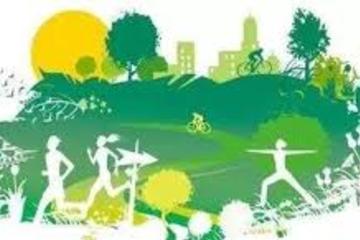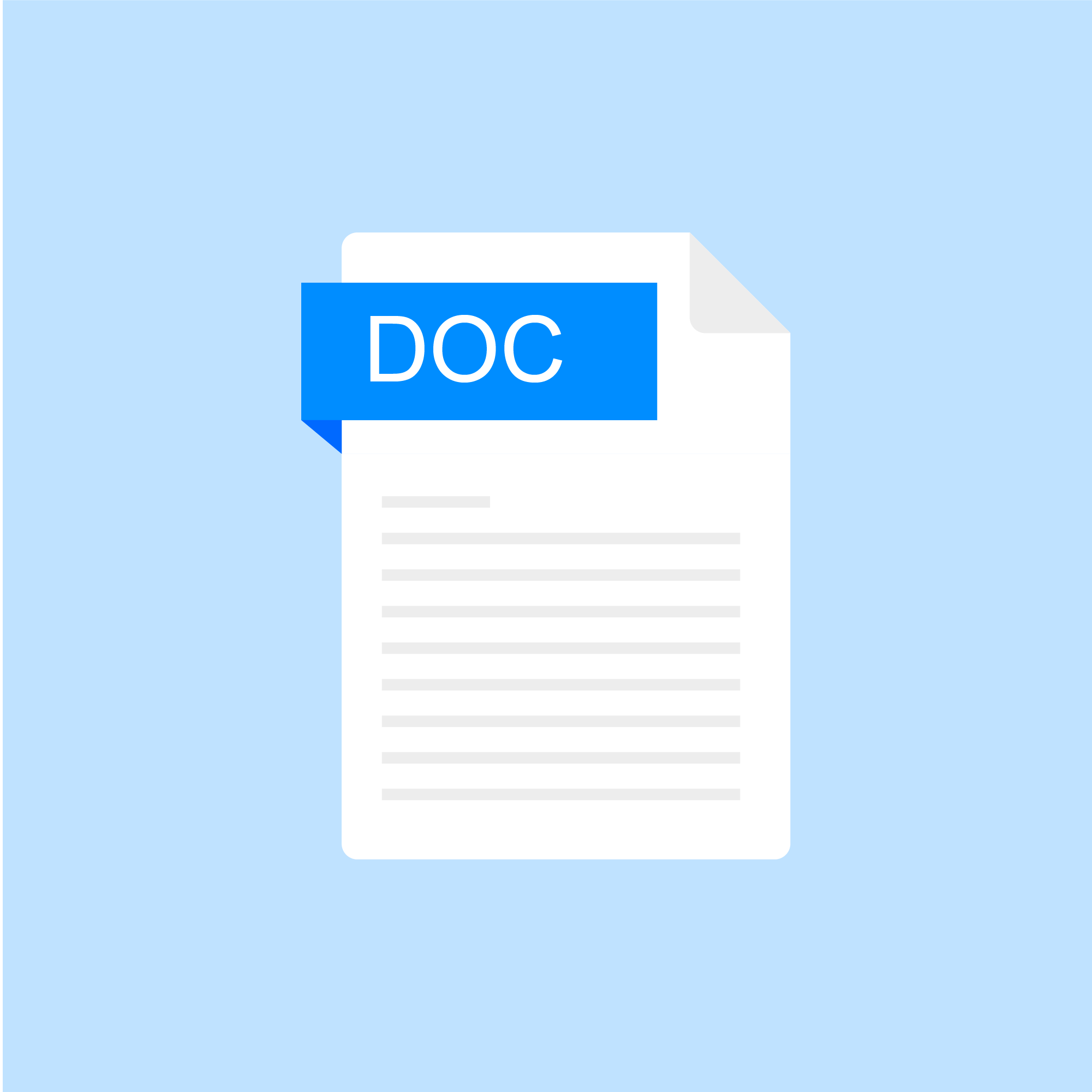Browse
Assessing Learning
Posted on: #iteachmsu

ASSESSING LEARNING
Development Paths
The natural environment encompasses all living and non-living things occurring naturally, meaning in this case not artificial. The term is most often applied to the Earth or some parts of Earth.
Authored by:
Benote

Posted on: #iteachmsu


Development Paths
The natural environment encompasses all living and non-living thing...
Authored by:
ASSESSING LEARNING
Tuesday, Jul 28, 2020
Posted on: #iteachmsu

ASSESSING LEARNING
Specail issue "Distributes, interconnected and Democratic Agri-Food Economics New Directions is Rese
Specail issue "Distributes, interconnected andDemocratic Agri-Food Economics New Directions is Research"
Posted by:
Chathuri Super admin..
Posted on: #iteachmsu

Specail issue "Distributes, interconnected and Democratic Agri-Food Economics New Directions is Rese
Specail issue "Distributes, interconnected andDemocratic Agri-Food ...
Posted by:
ASSESSING LEARNING
Friday, Jun 19, 2020
Posted on: #iteachmsu

ASSESSING LEARNING
Posted on: #iteachmsu

Gallery 07855
httorg/pathways/422
Authored by:
ASSESSING LEARNING
Monday, Jun 15, 2020
Posted on: #iteachmsu

ASSESSING LEARNING
What is global warming, explained
Glaciers are melting, sea levels are rising, cloud forests are dying, and wildlife is scrambling to keep pace. It has become clear that humans have caused most of the past century's warming by releasing heat-trapping gases as we power our modern lives. Called greenhouse gases, their levels are higher now than at any time in the last 800,000 years.
We often call the result global warmi
We often call the result global warmi
Authored by:
Chathuri hewapathirana

Posted on: #iteachmsu


What is global warming, explained
Glaciers are melting, sea levels are rising, cloud forests are...
Authored by:
ASSESSING LEARNING
Friday, Apr 10, 2020
Posted on: #iteachmsu

ASSESSING LEARNING
Human population growth and consumption, energy use, land use changes, and pollution are driving for
test test test etst tets tets
Authored by:
Chathuri hewapathirana
Posted on: #iteachmsu

Human population growth and consumption, energy use, land use changes, and pollution are driving for
test test test etst tets tets
Authored by:
ASSESSING LEARNING
Friday, Apr 10, 2020
Posted on: #iteachmsu

ASSESSING LEARNING
Global Change: An Overview
Global Change: An Overview
Human population growth and consumption, energy use, land use changes, and pollution are driving forces of global change. How do these factors impact ecological systems and human societies?
Human population growth and consumption, energy use, land use changes, and pollution are driving forces of global change. How do these factors impact ecological systems and human societies?
Authored by:
Chathuri hewapathirana

Posted on: #iteachmsu


Global Change: An Overview
Global Change: An Overview
Human population growth and consumption,...
Human population growth and consumption,...
Authored by:
ASSESSING LEARNING
Friday, Apr 10, 2020
Posted on: #iteachmsu

ASSESSING LEARNING
Procrastination
The Best Definition Of Procrastination
Procrastination is the act of putting off work for no particular reason. Some guides and experts say that you’re procrastinating when you’re not doing a task that needs to be accomplished by a certain deadline.
That’s a false definition. It implies that we’re not procrastinating as long as we get the work done. If that’s true, most people don’t procrastinate. Which is of course not true.
In fact, a recent study I did with 2,219 respondents showed that 88% of all people admit to procrastinating at least one hour a day. That’s more accurate. Why? Because we all delay or postpone a task for no reason. Sometimes, we start a task or project, but we end up delaying the work. We don’t get it done.
Examples Of Procrastination
When you delay work for a good reason, you’re not procrastinating. What’s a good reason? When your work improves with the delay. Think of someone who needs to write a report but runs into a new challenge that must be included in the report. One can argue that the work will be better by spending more time on researching the new challenge.
However, most of our work does not get better by delaying it. If you want to go to the gym, your performance will not be better tomorrow. It will probably be worse because of entropy.
Two years ago, I gave a talk at Stenden University in The Netherlands. I mentioned my findings on procrastination to the professor who invited me. When I met him recently to discuss my next talk at the University, he shared a graph with me that says everything about a student’s behavior:
The University has an online application for students to practice for exams. The above graph shows how students at the beginning of the semester almost don’t practice at all.
You see a few spikes in the beginning, probably because the professor explained the online application. But after the initial period, the number of online exercises a student completes is zero.
Until four days before the exam. That’s when the exam comes close, which is when most students start panicking. Now, most of us form this behavior in college and remain working this way long after we’re graduated.
In the workplace, we procrastinate in the same way. How often have you delayed work on a project until the last minute? Again, this pattern is not only limited to education and work. In our personal lives, we do the same.
When are you submitting your yearly income taxes? Exactly, on the last day. Will we do a better job with our taxes on the last day? Probably not. I argue that we’re even more likely to make mistakes because of the time pressure.
Some people say that they love deadlines and claim that’s what fuels them to do good work. I know journalists who swear by it. But it’s not a sustainable way of living and working. When you’re close to your deadline, and you haven’t done anything, you experience more stress. While stress may improve your concentration, it also has negative effects on your long-term well-being.
Long-term, or chronic stress, can lead to depression, anxiety, heart disease, high blood pressure, abnormal heart rhythms, heart attacks, obesity, eating disorders, and a handful of other health problems1. Procrastination is not a problem we should take lightly.
Benefits Of Beating Procrastination
Procrastination is an inner struggle that can seriously destroy our overall well-being. There are three main benefits to beating procrastination:
Lower anxiety2—The more we procrastinate, and the longer we wait to get started with important things, the more anxiety and stress we have. Doing work is never easy. And if you wait until tomorrow, you will only feel more anxious about getting started. If you overcome procrastination and take immediate action, you will get things done. You remove the anxiety from that task before it gets to you.
Higher self-discipline3—Research shows that procrastination is not only a time-management problem. One of the biggest reasons we procrastinate is low self-discipline. The main benefit of beating procrastination is that you automatically increase your self-discipline.
Better work4—People who don’t procrastinate accomplish better work. When you work with less stress, anxiety, and high self-discipline, you give yourself the chance to do better work.
Most scientific research into procrastination focuses on the downside. The negative effects are clear. But the benefits are often not talked about. It should be clear that overcoming procrastination is the foundation of all achievement in life. Delaying important things is a destructive habit. In contrast, when you don’t delay tasks and take instant action, your well-being and work will improve.
Procrastination is the act of putting off work for no particular reason. Some guides and experts say that you’re procrastinating when you’re not doing a task that needs to be accomplished by a certain deadline.
That’s a false definition. It implies that we’re not procrastinating as long as we get the work done. If that’s true, most people don’t procrastinate. Which is of course not true.
In fact, a recent study I did with 2,219 respondents showed that 88% of all people admit to procrastinating at least one hour a day. That’s more accurate. Why? Because we all delay or postpone a task for no reason. Sometimes, we start a task or project, but we end up delaying the work. We don’t get it done.
Examples Of Procrastination
When you delay work for a good reason, you’re not procrastinating. What’s a good reason? When your work improves with the delay. Think of someone who needs to write a report but runs into a new challenge that must be included in the report. One can argue that the work will be better by spending more time on researching the new challenge.
However, most of our work does not get better by delaying it. If you want to go to the gym, your performance will not be better tomorrow. It will probably be worse because of entropy.
Two years ago, I gave a talk at Stenden University in The Netherlands. I mentioned my findings on procrastination to the professor who invited me. When I met him recently to discuss my next talk at the University, he shared a graph with me that says everything about a student’s behavior:
The University has an online application for students to practice for exams. The above graph shows how students at the beginning of the semester almost don’t practice at all.
You see a few spikes in the beginning, probably because the professor explained the online application. But after the initial period, the number of online exercises a student completes is zero.
Until four days before the exam. That’s when the exam comes close, which is when most students start panicking. Now, most of us form this behavior in college and remain working this way long after we’re graduated.
In the workplace, we procrastinate in the same way. How often have you delayed work on a project until the last minute? Again, this pattern is not only limited to education and work. In our personal lives, we do the same.
When are you submitting your yearly income taxes? Exactly, on the last day. Will we do a better job with our taxes on the last day? Probably not. I argue that we’re even more likely to make mistakes because of the time pressure.
Some people say that they love deadlines and claim that’s what fuels them to do good work. I know journalists who swear by it. But it’s not a sustainable way of living and working. When you’re close to your deadline, and you haven’t done anything, you experience more stress. While stress may improve your concentration, it also has negative effects on your long-term well-being.
Long-term, or chronic stress, can lead to depression, anxiety, heart disease, high blood pressure, abnormal heart rhythms, heart attacks, obesity, eating disorders, and a handful of other health problems1. Procrastination is not a problem we should take lightly.
Benefits Of Beating Procrastination
Procrastination is an inner struggle that can seriously destroy our overall well-being. There are three main benefits to beating procrastination:
Lower anxiety2—The more we procrastinate, and the longer we wait to get started with important things, the more anxiety and stress we have. Doing work is never easy. And if you wait until tomorrow, you will only feel more anxious about getting started. If you overcome procrastination and take immediate action, you will get things done. You remove the anxiety from that task before it gets to you.
Higher self-discipline3—Research shows that procrastination is not only a time-management problem. One of the biggest reasons we procrastinate is low self-discipline. The main benefit of beating procrastination is that you automatically increase your self-discipline.
Better work4—People who don’t procrastinate accomplish better work. When you work with less stress, anxiety, and high self-discipline, you give yourself the chance to do better work.
Most scientific research into procrastination focuses on the downside. The negative effects are clear. But the benefits are often not talked about. It should be clear that overcoming procrastination is the foundation of all achievement in life. Delaying important things is a destructive habit. In contrast, when you don’t delay tasks and take instant action, your well-being and work will improve.
Authored by:
John Perry

Posted on: #iteachmsu


Procrastination
The Best Definition Of Procrastination
Procrastination is the...
Procrastination is the...
Authored by:
ASSESSING LEARNING
Wednesday, Apr 8, 2020
Posted on: #iteachmsu

ASSESSING LEARNING
Test vedio 04
Turn your school into a supportive educational environment, where your educators and staff work as effective teams within a smoothly running administrative system. We can advise you in developing your school policies, regulations, and procedures in ways that benefit all of your stakeholders and create the right conditions for your institution to flourish. You can design and develop your entire school system with Beyond Learning. We base our educational consultation on research as well as on your particular needs. Our foundations in strategic leadership and educational management give us the experience we need to provide consultation that actually helps.
Turn your school into a supportive educational environment, where your educators and staff work as effective teams within a smoothly running administrative system. We can advise you in developing your school policies, regulations, and procedures in ways that benefit all of your stakeholders and create the right conditions for your institution to flourish. You can design and develop your entire school system with Beyond Learning. We base our educational consultation on research as well as on your particular needs. Our foundations in strategic leadership and educational management give us the experience we need to provide consultation that actually helps.
Turn your school into a supportive educational environment, where your educators and staff work as effective teams within a smoothly running administrative system. We can advise you in developing your school policies, regulations, and procedures in ways that benefit all of your stakeholders and create the right conditions for your institution to flourish. You can design and develop your entire school system with Beyond Learning. We base our educational consultation on research as well as on your particular needs. Our foundations in strategic leadership and educational management give us the experience we need to provide consultation that actually helps.
Authored by:
Chathuri hewapathirana
Posted on: #iteachmsu

Test vedio 04
Turn your school into a supportive educational environment, where y...
Authored by:
ASSESSING LEARNING
Tuesday, Mar 17, 2020

